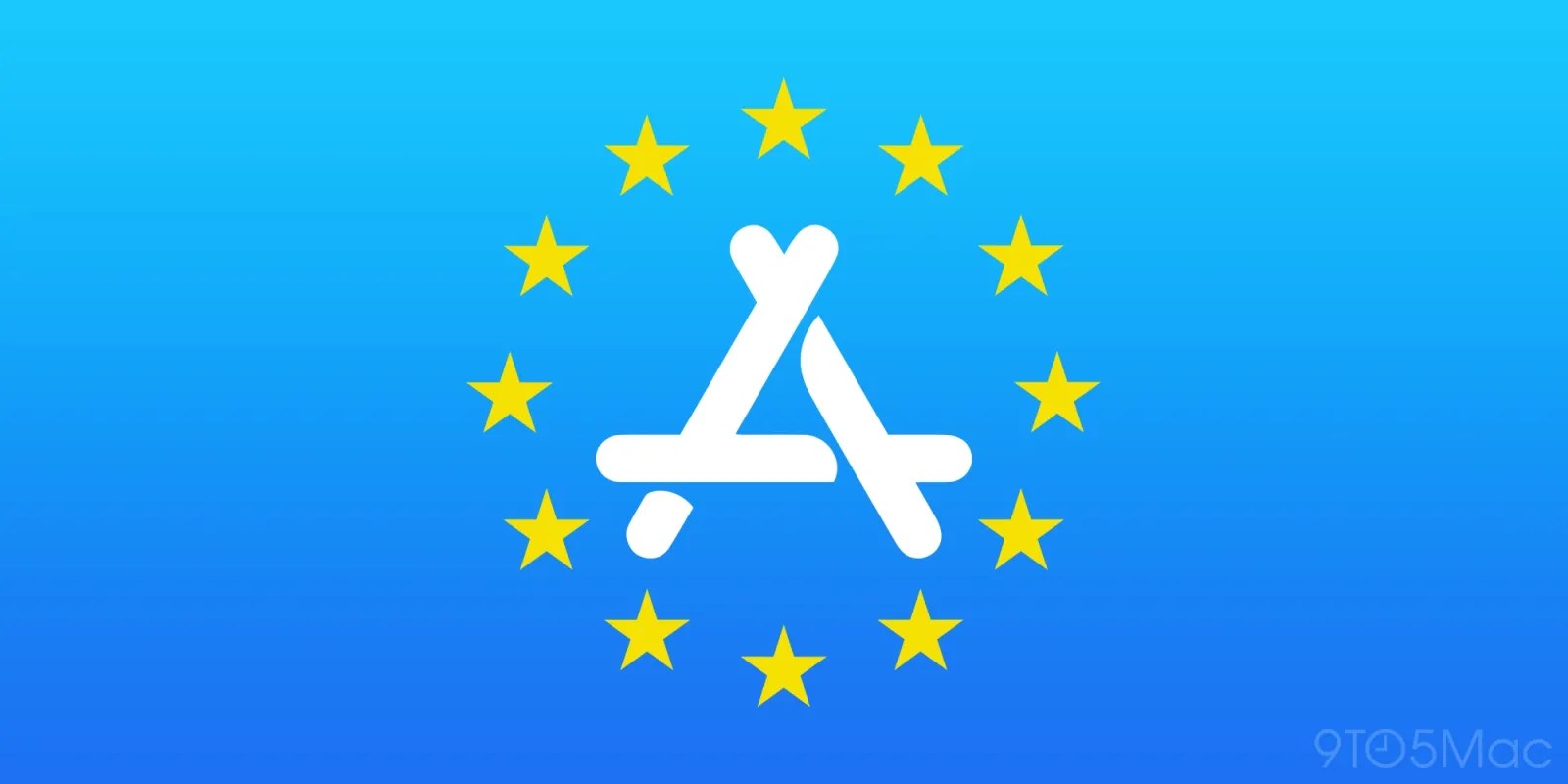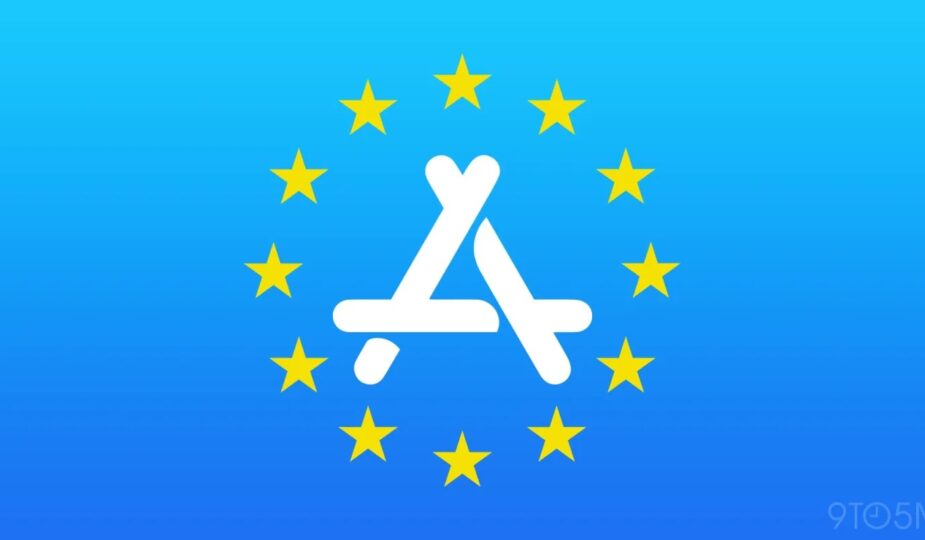
Last month, Apple confirmed that iOS 17.4 would end support for Home screen web apps in the European Union. At the time, Apple said the decision was due to Digital Markets Act requirements for supporting alternative browser engines on iPhone.
Apple is now reversing this decision and says it will “continue to offer existing web app experiences for the Home screen in the EU.”
Web apps for the home screen are here to stay
Apple's decision to remove Home screen web apps, also known as progressive web apps or PWAs, has drawn sharp criticism. For example, Open Web Advocacy said that “as a result” of these changes, “entire categories of applications will no longer be viable on the web.” It was also reported that the EU was going to investigate this decision.
At the time, Apple explained that it would have to create “an entirely new integration architecture that does not currently exist in iOS” to address “the complex security and privacy issues associated with web apps using alternative browser engines.” According to the company, “This was impractical given the other DMA requirements and the very low popularity of Home Screen web apps among users.”
With today's announcement, Apple has reversed course and said that Home Screen web apps will continue to exist as they did prior to iOS 17.4 in the European Union. “This support means Home screen web apps will continue to be built directly on WebKit and its security architecture, and follow the security and privacy model for native apps on iOS,” Apple explains today.
This means that all Home screen web apps will still be powered by WebKit, regardless of whether the web app is added using Safari or not – exactly the same as it works today and for years.
Here is Apple's full statement:
Previously, Apple announced plans to remove home screen web app capabilities in the EU as part of our DMA compliance efforts. The need to remove this capability was driven by complex security and privacy issues associated with web apps supporting alternative browser engines, which would require the creation of a new integration architecture that does not currently exist in iOS.
We have received requests to continue to support Home screen web apps on iOS, so we will continue to offer existing Home screen web app capabilities in the EU. This support means that Home screen web apps are still built directly on WebKit and its security architecture, and follow the security and privacy model for native iOS apps.
Developers and users who may have been impacted by the removal of Home Screen web apps in the EU beta of iOS can expect to see the return of existing Home Screen web app features when iOS 17.4 releases in early March.
Apple will add the update to its developer website on Friday, while keeping the original explanation fully transparent.
9to5Mac's opinion
Best comment by Nathan Facchin
As I and many people have stated, maybe Apple is just kicking and screaming about the rules, although I don't usually do that I like this one in case this is good. And this solution too.
MacOS supports it because it allows you to run any software from anywhere, including root, and it is very secure.
View all comments
To me this is an example of ambiguity Digital Markets Act. Reading between the lines, it appears that Apple thought it couldn't offer WebKit-based home screen apps in the European Union due to the DMA's browser equality guidelines.
Apple has clearly interpreted the recommendations to mean that it needs to offer PWA support for alternative browser engines in order to continue offering the feature for Safari and WebKit.
In the two weeks since the initial announcement and the resulting pushback, Apple has somehow come to the conclusion that it was wrong. Whatever the backstory, I'm glad Apple listened to the feedback and changed course.
Follow Chance: Threads, Twitter, Instagram and Mastodon.










